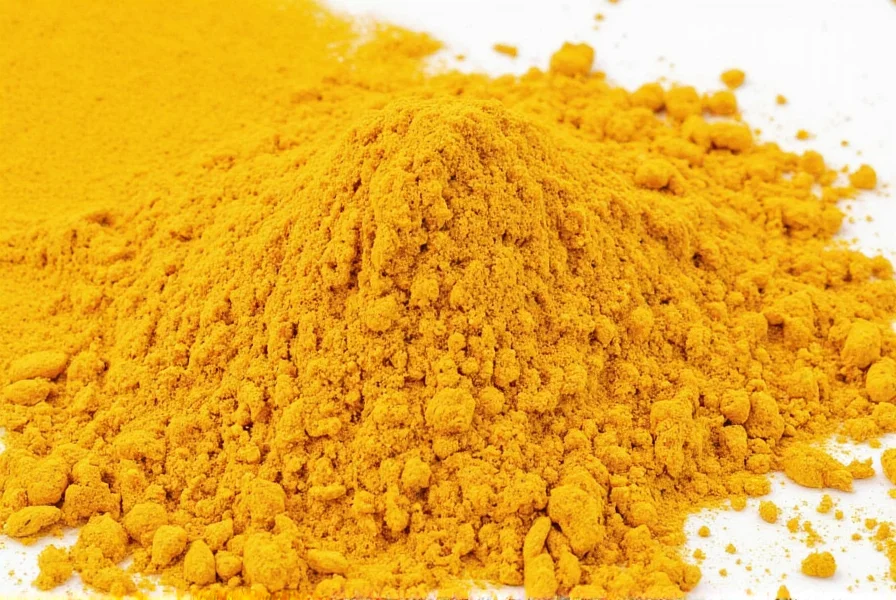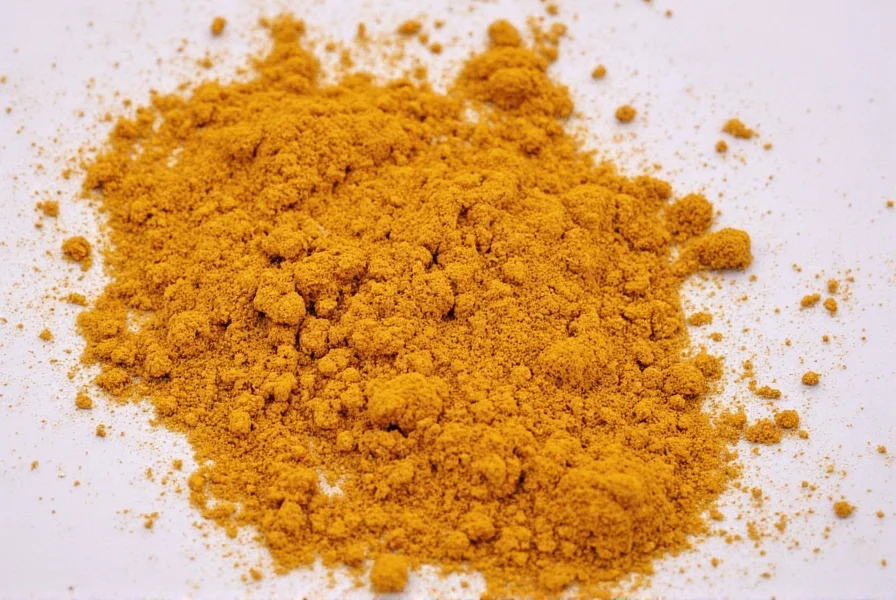Turmeric isn't just a kitchen staple—this vibrant yellow spice has become a subject of significant scientific interest for its potential health applications. Understanding what turmeric is actually good for requires separating evidence-based benefits from popular claims. The key compound curcumin, which makes up about 3% of turmeric by weight, demonstrates anti-inflammatory and antioxidant properties that may support several health conditions when properly formulated for absorption.
The Science Behind Turmeric's Active Compound
Curcumin's effectiveness hinges on bioavailability—its ability to be absorbed and utilized by the body. Pure curcumin has poor absorption, which is why many studies use enhanced formulations like curcumin with piperine (from black pepper) or liposomal curcumin. Research published in Journal of Medicinal Food indicates these formulations can increase curcumin absorption by up to 2,000%.
| Condition | Scientific Support Level | Recommended Form | Typical Daily Dose |
|---|---|---|---|
| Osteoarthritis | Moderate-High | Curcumin with piperine | 500mg 2-3x daily |
| Metabolic Syndrome | Moderate | Standardized curcumin extract | 80-500mg daily |
| Depression | Emerging | Enhanced absorption formula | 500mg 2x daily |
| Post-Exercise Recovery | Preliminary | Standard turmeric powder | 1-3g daily |
Evidence-Based Applications of Turmeric
When exploring what turmeric is used for medically, several applications stand out in clinical research:
Inflammation Management
Chronic inflammation contributes to numerous health issues. A 2022 meta-analysis in Nutrients found curcumin supplementation significantly reduced inflammatory markers like CRP and IL-6, particularly in people with metabolic disorders. For those searching turmeric for inflammation what dosage, studies typically use 500-1,500mg of enhanced curcumin daily.

Joint Health and Osteoarthritis
The Arthritis Foundation recognizes turmeric as a promising complementary approach for osteoarthritis. Research in Annals of Internal Medicine demonstrated that 1,000mg daily of enhanced curcumin provided comparable pain relief to 800mg of ibuprofen for knee osteoarthritis patients, with fewer gastrointestinal side effects. This addresses the common query turmeric for what joint condition specifically.
Digestive Support
Turmeric stimulates bile production, which aids fat digestion. A clinical trial published in European Review for Medical and Pharmacological Sciences found standardized turmeric extract improved symptoms in 87% of participants with functional dyspepsia. This provides evidence for turmeric for what digestive issues beyond traditional folk medicine claims.
Traditional Uses vs. Scientific Evidence
While traditional Ayurvedic and Chinese medicine have used turmeric for centuries for various purposes, modern research validates only specific applications. Popular claims about turmeric for cancer prevention or treatment lack sufficient human evidence, though laboratory studies show promising mechanisms. When considering turmeric for what purpose has strongest evidence, inflammation-related conditions currently have the most robust clinical support.
Practical Considerations for Effective Use
Understanding what turmeric works for requires attention to practical factors:
- Formulation matters: Standard turmeric powder contains only 3% curcumin. For therapeutic effects, look for standardized extracts (95% curcuminoids) with absorption enhancers
- Consistency is key: Benefits typically appear after 4-8 weeks of regular use
- Quality varies: Third-party tested products ensure accurate labeling and absence of contaminants like lead
Limitations and Safety Considerations
Turmeric is generally safe at culinary doses, but higher therapeutic doses require caution. Those searching turmeric for what not to use should know it may interact with blood thinners, diabetes medications, and acid-reducing drugs. The National Institutes of Health recommends avoiding therapeutic doses during pregnancy and before surgery. Gastrointestinal discomfort occurs in about 7% of users taking high-dose supplements.
Integrating Turmeric Into Your Wellness Routine
For those exploring what turmeric is good for in daily life, consider these evidence-based approaches:
- For general wellness: 1-3g of culinary turmeric daily with black pepper and healthy fats
- For inflammation management: 500mg of enhanced curcumin 2-3 times daily
- For digestive support: 500mg standardized extract before meals
Remember that turmeric supplements work best as part of a comprehensive approach including diet, exercise, and other healthy lifestyle factors. Those asking turmeric for what specific health goals should consult healthcare providers to determine if it aligns with their individual health needs.
What is turmeric most effective for according to research?
Research shows turmeric, particularly its curcumin compound, is most effective for reducing inflammation and supporting joint health in osteoarthritis. Multiple clinical trials demonstrate significant improvement in pain and function for knee osteoarthritis patients, with effects comparable to some NSAIDs but with better gastrointestinal tolerance.
How long does it take for turmeric to work for inflammation?
Most studies show noticeable anti-inflammatory effects within 4-8 weeks of consistent daily use with an enhanced absorption formula. Some people report symptom improvement within 2-3 weeks, but maximum benefits typically require 8-12 weeks of regular supplementation at appropriate therapeutic doses (usually 500-1,500mg of enhanced curcumin daily).
Can turmeric help with digestive issues?
Yes, research supports turmeric's role in digestive health. Clinical studies show standardized turmeric extract improves symptoms in functional dyspepsia (indigestion) and may benefit those with irritable bowel syndrome. Turmeric stimulates bile production which aids fat digestion, but those with gallstones should consult a doctor before using therapeutic doses.
What's the difference between turmeric and curcumin?
Turmeric is the whole spice (Curcuma longa root), while curcumin is the primary active compound that makes up about 3% of turmeric by weight. Most health research focuses on curcumin because it contains the anti-inflammatory and antioxidant properties. For therapeutic effects, concentrated curcumin extracts (typically 95% curcuminoids) with absorption enhancers are more effective than plain turmeric powder.











 浙公网安备
33010002000092号
浙公网安备
33010002000092号 浙B2-20120091-4
浙B2-20120091-4